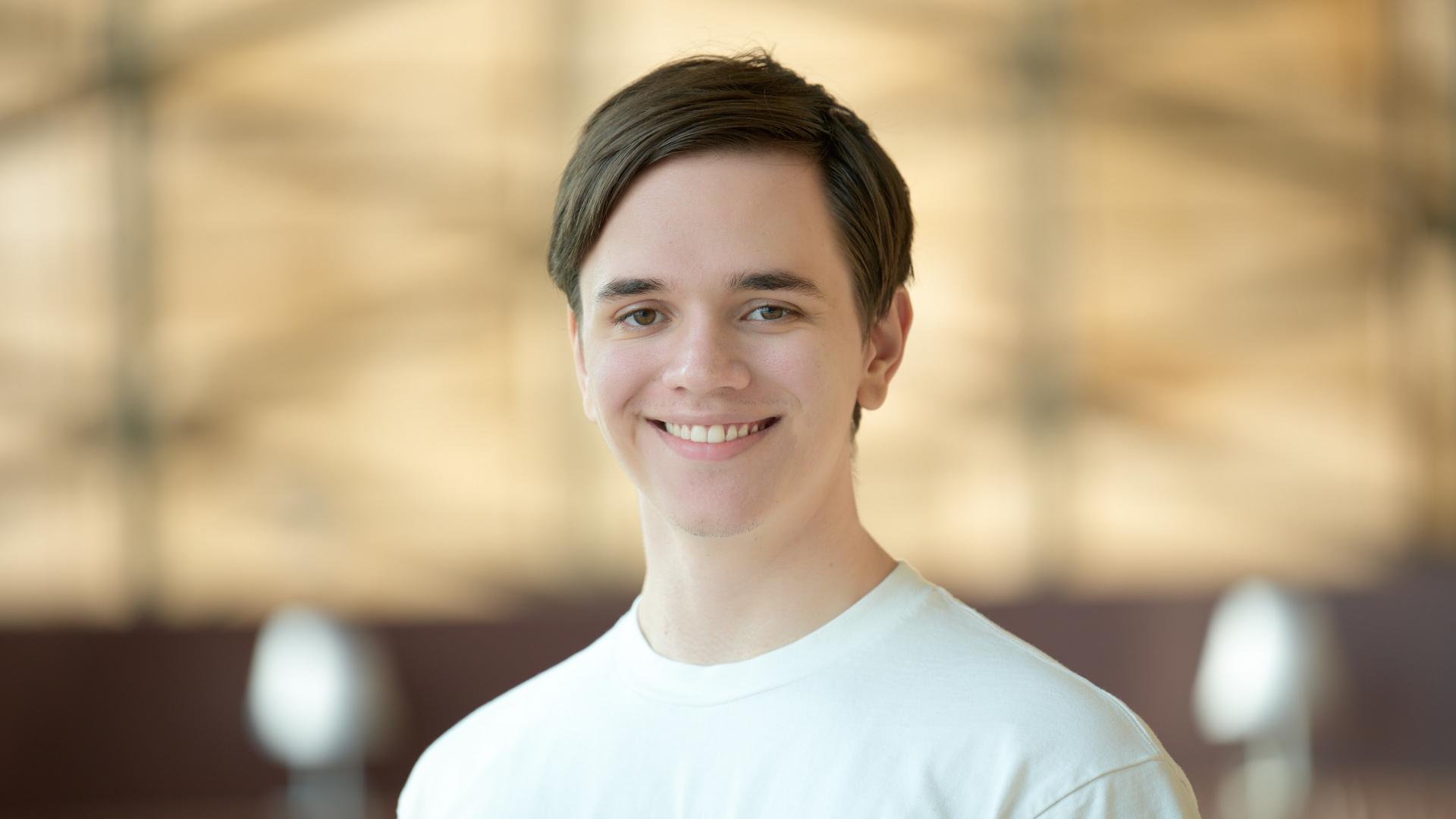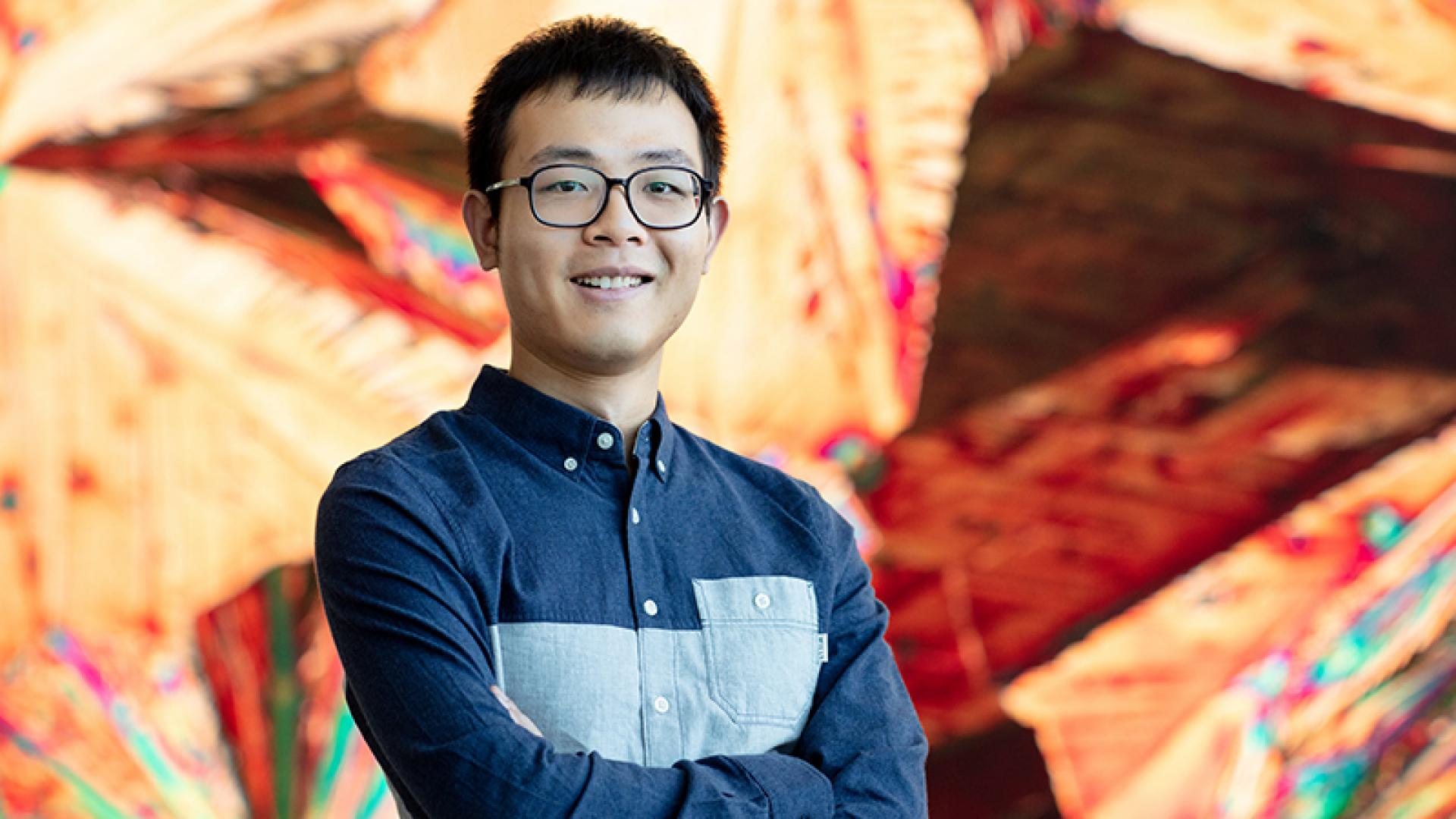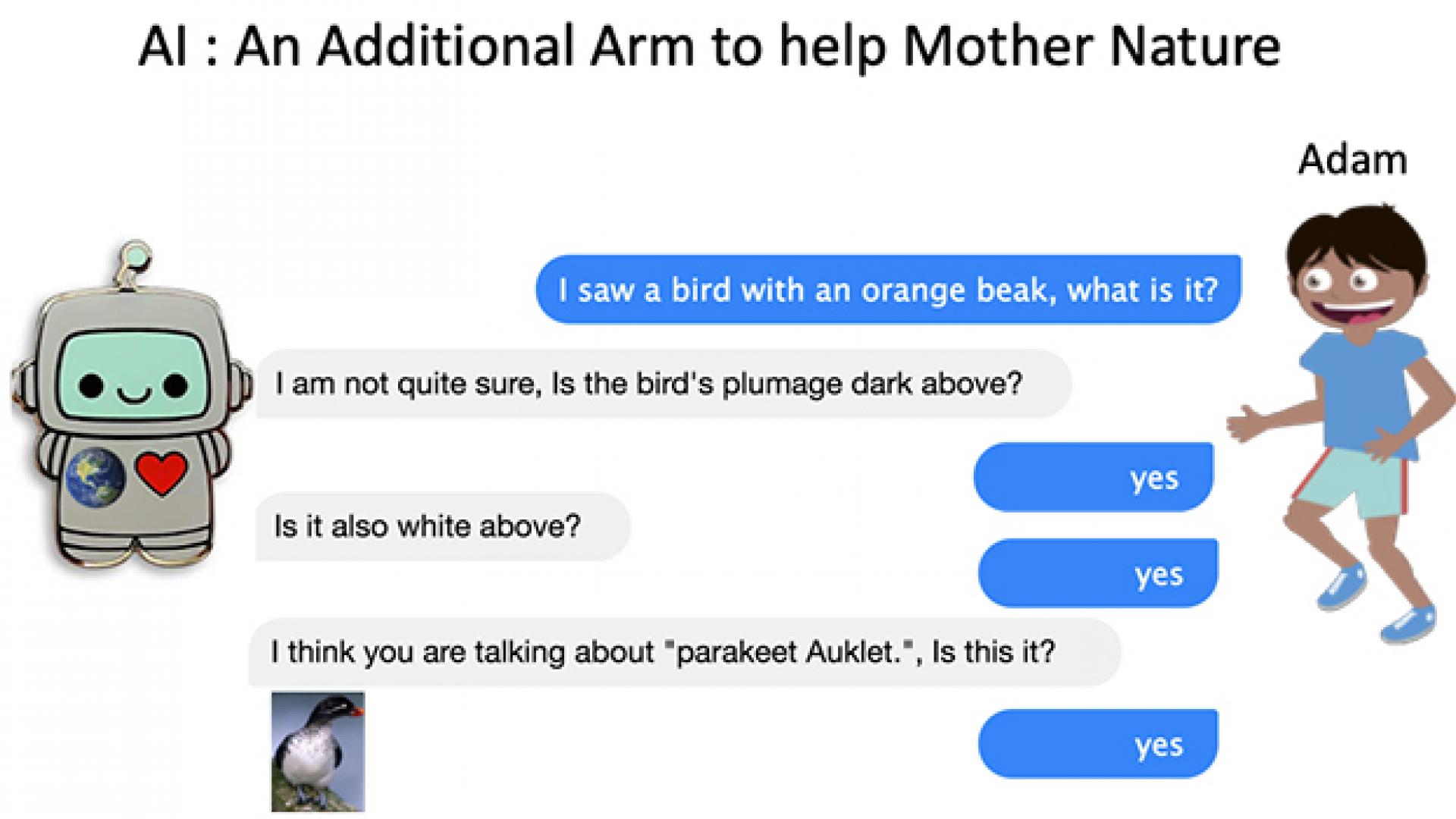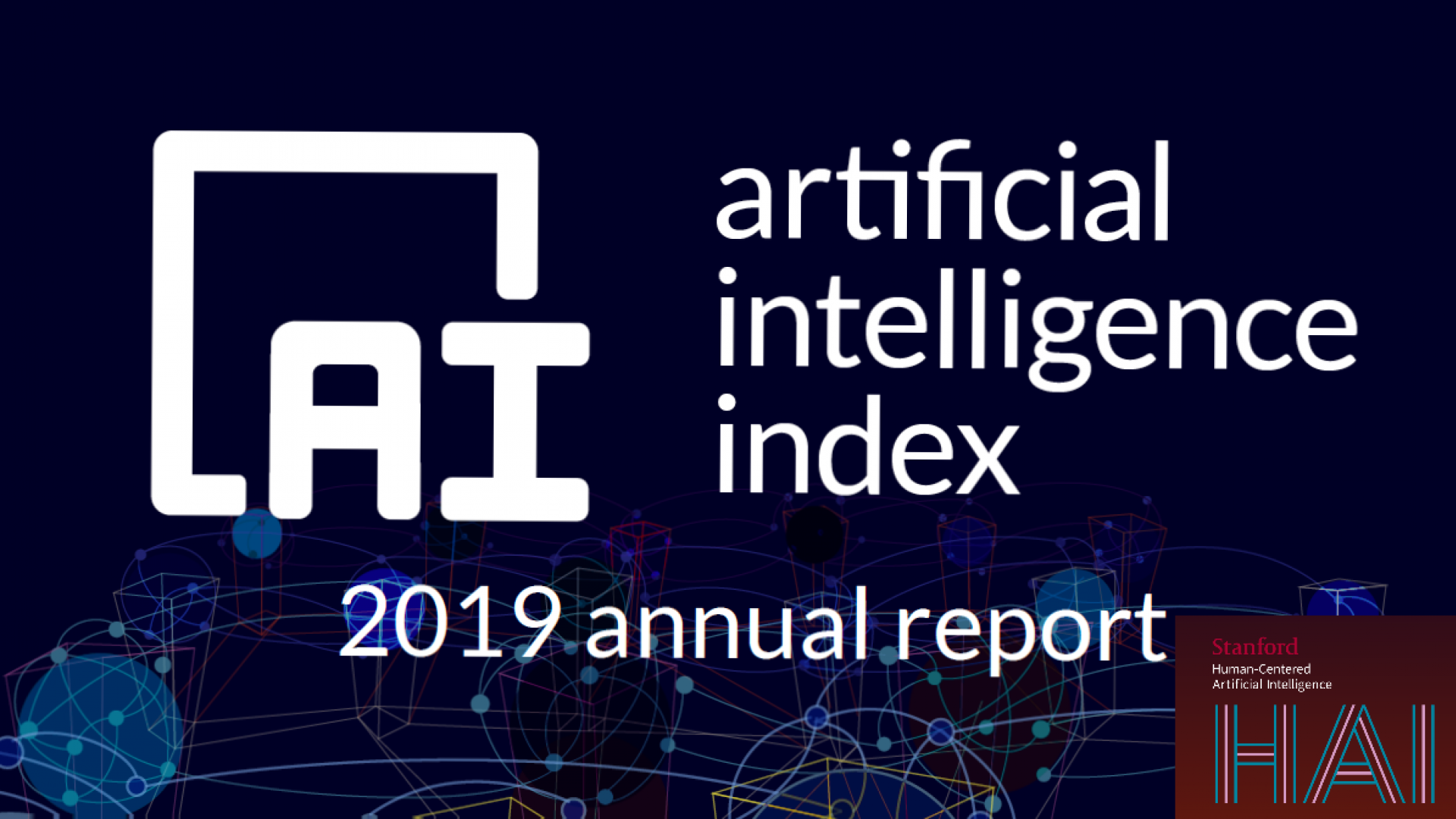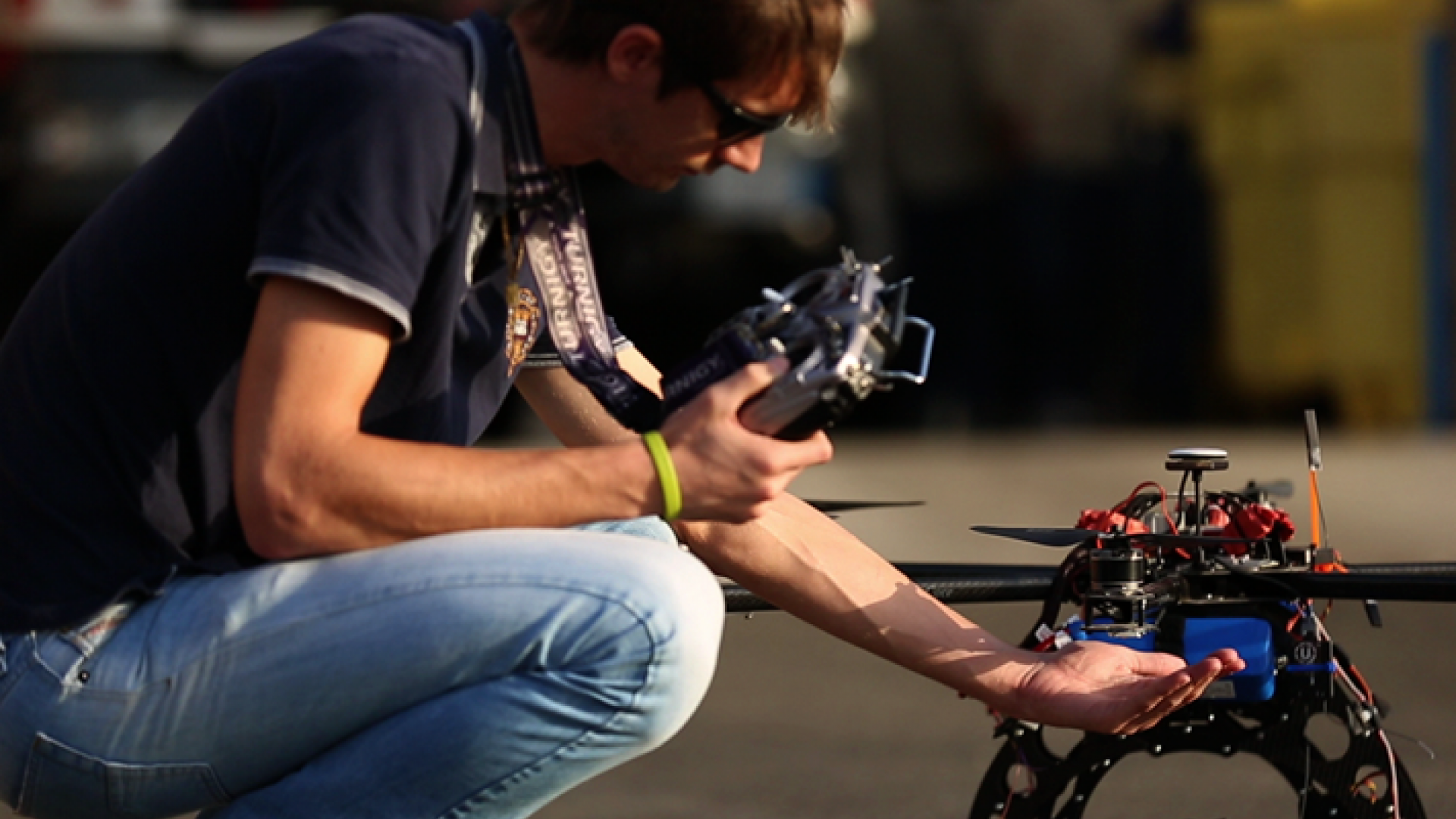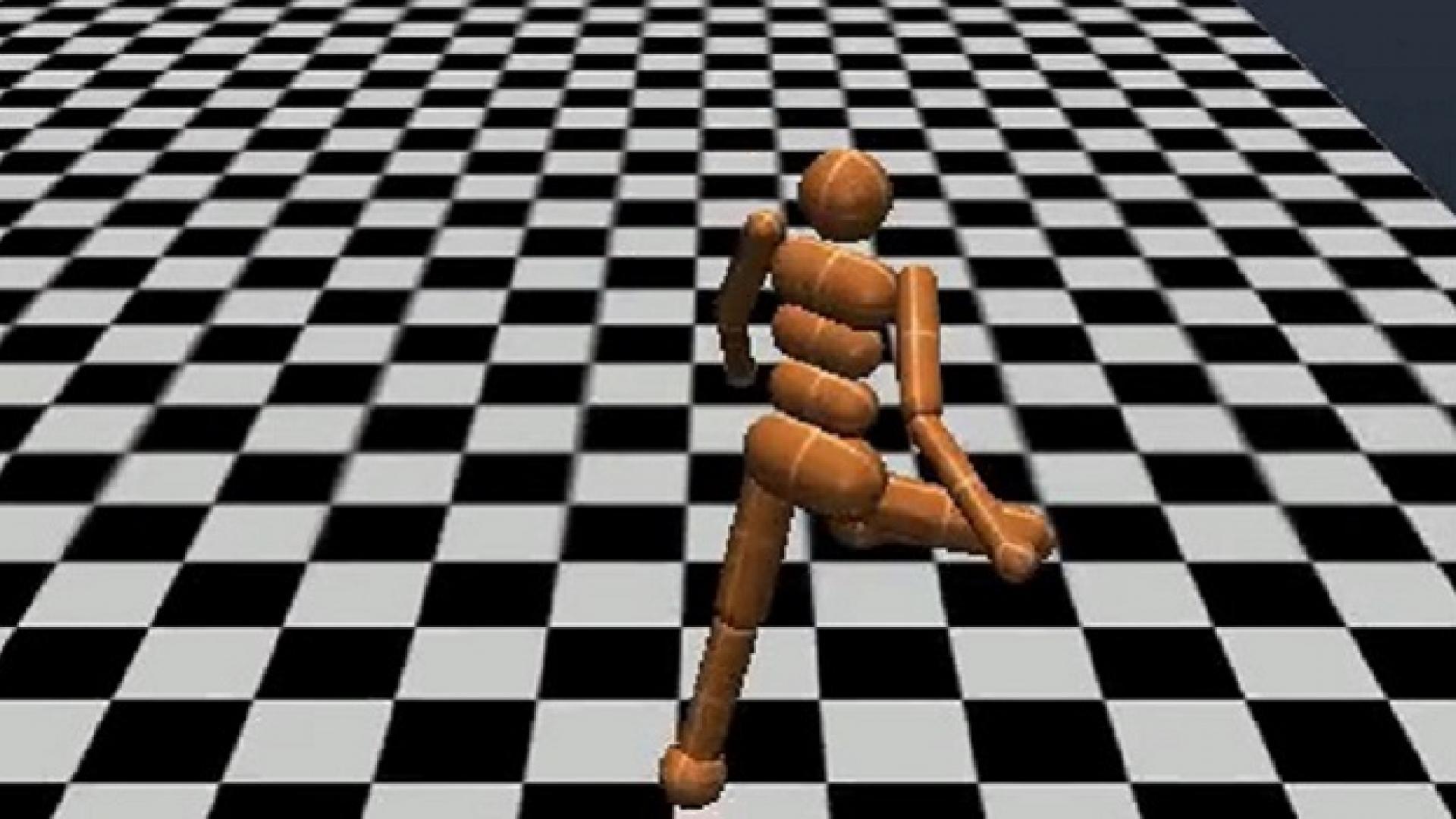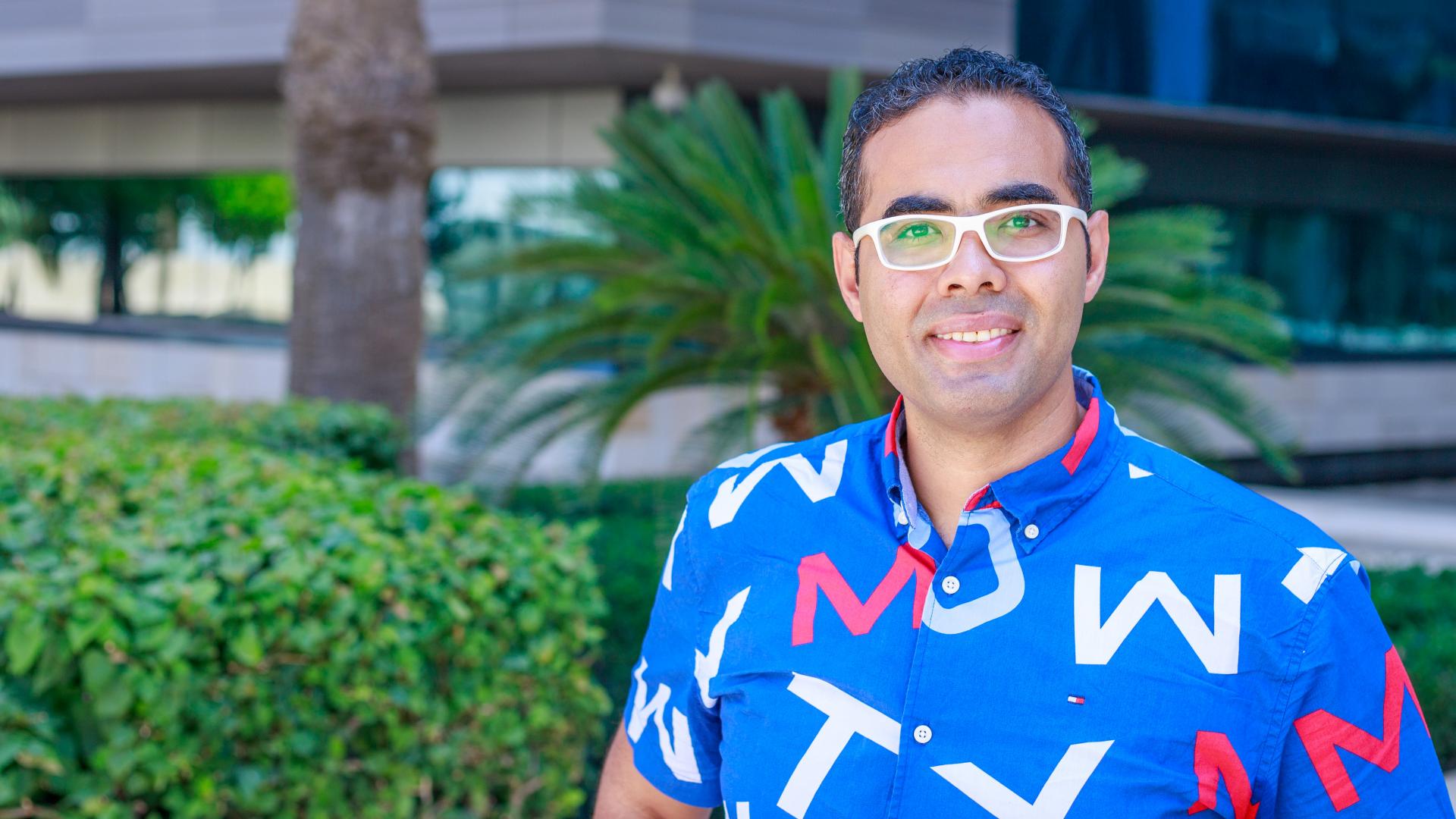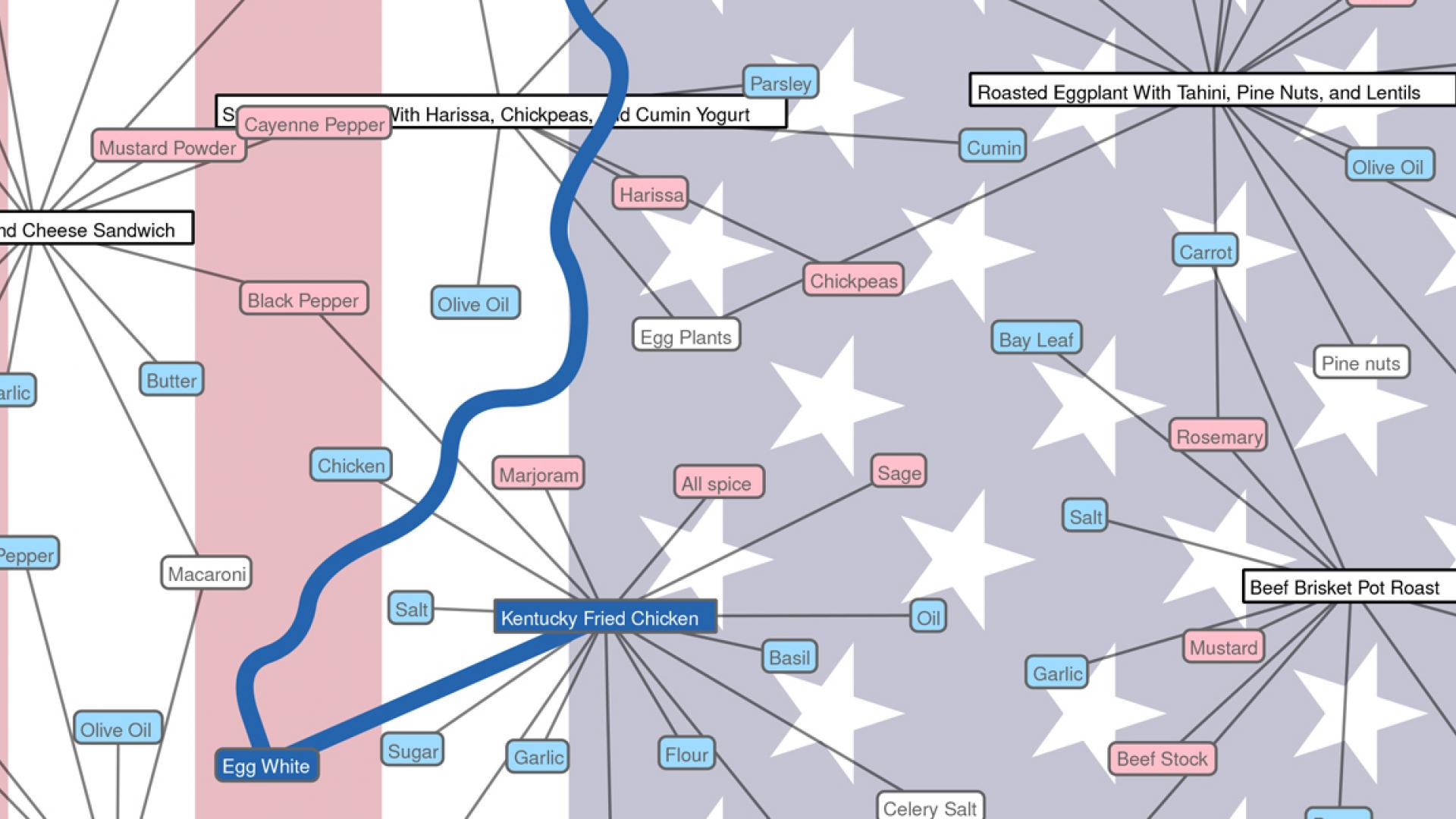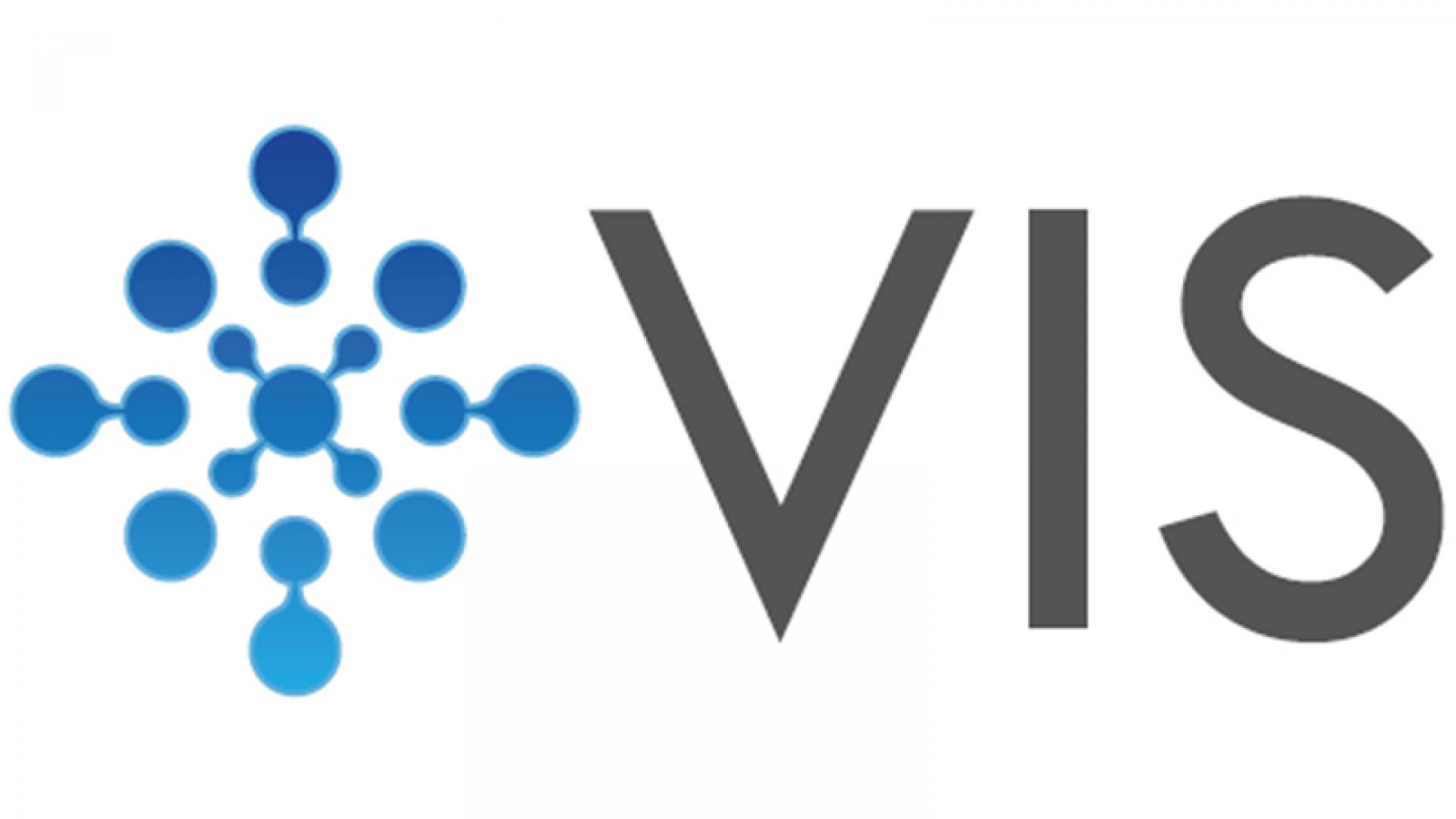A novel KAUST-Stanford University research paper by Panos Achlioptas (Stanford), Ahmed Abdelreheem (KAUST), Fei Xia (Stanford), Mohamed Elhoseiny (KAUST) and Leonidas Guibas (Stanford) was accepted for presentation at the 16th European Conference on Computer Vision (ECCV 2020).
As bioscience and medicine progress, we are now able to live with diseases, which were once a death sentence. And we are rapidly discovering new interactions at the microscopic level that give us insight into the engines of life. However, as research gets more complicated, the layperson gets left further and further behind. Even those who trust the work of scientists can feel overwhelmed when attempting to read the latest research.
Konstantin Mishchenko, a Ph.D. student under the supervision of Professor Peter Richtárik, has been selected as one of the Association for the Advancement of Artificial Intelligence’s (AAAI) 12 Outstanding Program Committee Members for 2020. Mishchenko was presented with a certificate in recognition of his outstanding service at AAAI-20 held in New York from February 7-12.
Anna Fruehstueck, a Ph.D. student in the KAUST Visual Computing Center (VCC) under the supervision of Professor Peter Wonka, recently won a 2020 Facebook Fellowship award and a two-year fellowship from Facebook Research.
KAUST computer science Ph.D. student Jinhui Xiong recently won the best paper award at the 24th International Symposium on Vision, Modeling, and Visualization. The symposium took place from September 30 to October 2, 2019, at the University of Rostock, Germany, and provided the opportunity for researchers to discuss a wide range of topics in computer science, including computer graphics, vision, visualization and visual analytics.
The psychology of human creativity helps artificial intelligence imagine the unseen.
ActivityNet is featured in the AI Index as the benchmark for the algorithms that can recognize human actions and activities from videos.
KAUST alumnus Luca Passone (Ph.D. '18, M.S. '11) is part traditional researcher and part horizon-scanning entrepreneur.
Fourth-year computer science Ph.D. student Jinhui Xiong won the best paper award at this year’s 24th International Symposium on Vision, Modeling, and Visualization (VMV) 2019.
New methods for training machine learning models are quicker and more accurate than current approaches, previously considered state-of-the-art.
Prior to joining the KAUST CEMSE Division earlier this year, Mohamed Elhoseiny received his Ph.D. degree from Rutgers University, New Brunswick in 2016, before spending over two years working as a postdoctoral researcher at Facebook in the company’s AI research wing. Elhoseiny joins the Division as an assistant professor of computer science based in the KAUST Visual Computing Center (VCC). He will also act as the PI of the KAUST Computer Vision, Content AI (Vision-CAIR) Research Group. Outside of his duties at KAUST, he is also acting as an artificial intelligence (AI) research consultant for Baidu Research, Silicon Valley AI Lab.
Deep analysis of the way information is shared among parallel computations increases efficiency to accelerate machine learning at scale.
Dominik L. Michels, Assistant Professor of Computer Science and Applied Mathematics, and Head of the Computational Sciences Research Group within KAUST's Visual Computing Center, was recently awarded one of the six Artificial Intelligence Grants of the State of North Rhine-Westphalia (NRW), Germany, for his contributions to the simulation of complex physical environments. The grant, amounting to 1.25 million euros, will fund Michels’ research on algorithmic methods to use synthetic data for training of neural networks in Machine Learning.
“Synthetic data are data that were not obtained by direct measurement but were generated by specific algorithms,” Michels explains, “in neural networks, the use of synthetic data is needed whenever the amount of data available is less than required.”
The NANOVIS team has won the 1st Place in Graph Drawing Contest 2019 under the category of "Creative Topic #2 Meal Ingredients" on their graph "Worldmap of Food".
Three papers with contributions from the NANOVIS team will be presented at IEEE VIS 2019 that will be held from 20 to 25 October 2019 in Vancouver, Canada.
